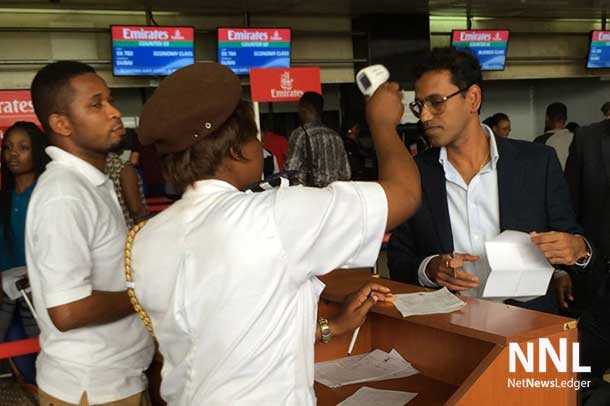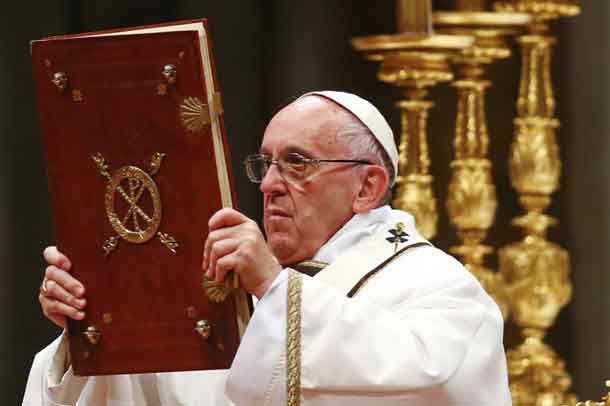
Ebola lockdown brings Sierra Leone capital to a halt
NEW YORK – NEWS – The fight against Ebola will cost as much as $1billion according to the United Nations.
The cost estimate was released Friday.
Dr Margaret Chan, the Director-General of the World Health Organization states, ” his virus, this deadly and dreaded Ebola virus, got ahead of us in a fast-moving outbreak. Now we must catch up, in the most urgent and pragmatic way possible.

“In the hardest hit countries, an exponentially rising caseload threatens to push governments to the brink of state failure. WHO has successfully managed many big outbreaks in recent years,” added Dr. Chan. “But this Ebola event is different. Very different”.
Greatest Peacetime Challenge for UN
“This is likely the greatest peacetime challenge that the United Nations and its agencies have ever faced,” stated Dr. Chan. “None of us experienced in containing outbreaks has ever seen, in our lifetimes, an emergency on this scale, with this degree of suffering, and with this magnitude of cascading consequences”.
Ebola Not Just an Outbreak
“This is not just an outbreak. This is not just a public health crisis. This is a social crisis, a humanitarian crisis, an economic crisis, and a threat to national security well beyond the outbreak zones,” explained Dr. Chan.
Sierra Leone Under Lock-down
In Sierra Leone, in Africa, Freetown, the capital city is under a lock-down to combat the Ebola Virus.
Downtown Freeown is deserted, as the city begins a three day lock-down in a bid to stop the deadly Ebola virus from spreading.
A few police cars and ambulances are the only traffic on the otherwise empty streets.
Local resident Mariam Bangura says, “As they are fighting this Ebola, we pray that it will be eradicated, that’s what we are praying for.”
Nearly 30,000 health workers and volunteers are hoping to visit every household in this country of six million people by Sunday. They will check on residents identify new cases of Ebola, and are offering advice. Each home they visit is marked with chalk.
The President urged people to heed the emergency measures. President Ernest Bai Koroma says, “Anyone who is not careful can endanger themselves and others that they love. These are extraordinary times”.
The United Nations Focuses on Ebola Virus
As an Ebola outbreak of “unprecedented nature and scope” continues its spread through Guinea, Liberia and Sierra Leone, the United Nations General Assembly today underlined it strong commitment to responding to the emergency in a timely, effective and coordinated manner and to support the affected countries in tackling the virus.
“The time to act in a swift, coordinated and powerful manner is now,” General Assembly President Sam Kutesa told the 193-Member body ahead of a vote on a resolution.
“Without quick and decisive action, the trail of devastation this outbreak leaves behind will reach far beyond the portions of West Africa most affected up to now,” he added, stressing the Ebola is not a sub-regional or even regional calamity, but an international crisis.
The virus killed at least 2,500 people in West Africa and nearly twice that number have been infected, according to the UN World Health Organization (WHO). The number of cases is doubling every three weeks.
Women are particularly at risk given their roles as primary caregivers and community leaders. In Liberia, an estimated 75 per cent of fatalities are women, while in Sierra Leone, that number is around 59 per cent.
“Women are much more likely to be front-line health workers,” Mr. Kutesa said, underscoring the heightened risk that they face.
The Assembly unanimously agreed through its resolution to harness capabilities and competencies across the UN system in a single, unified structure to ensure a rapid, effective, efficient and coherent response to the crisis.
The body’s decision comes a day after the Security Council passed its resolution which declared the Ebola virus outbreak a threat to peace and security.
Secretary-General Ban Ki-moon has announced the establishment of the UN Mission for Ebola Emergency Response (UNMEER) to stop the outbreak, treat the infected, ensure essential services, preserve stability and prevent further outbreaks.
Mr. Ban spoke today with Ghanaian President John Dramani Mahama, who expressed support for UN efforts to headquarter UNMEER in Accra, with offices in the three most affected countries.
The country’s international airport will be used as a “vital air bridge,” Mr. Ban confirmed.
Briefing the General Assembly, he noted that the Ebola crisis, which started as a public health emergency, has taken on a wider scope with significant economic, social, humanitarian, political and security dimensions.
“None of us is insulated from the threat of Ebola,” he said, “all of us must be part of the response.”
Among recent international announcements of solidarity, the United States has said it would deploy 3,000 troops to provide expertise in logistics, training and engineering.
The Government of Cuba plans to send a 165-member team of doctors and nurses to the region, while a 59-member Chinese laboratory team left for Sierra Leone earlier this week.
“I hope other Member States, along with the private sector and civil society, will do far more,” Mr. Ban said, adding that he looks forward to “strong and rapid support” for UNMEER, and the countries and people in need of critical aid.
Earlier this week, the UN outlined a set of critical needs totaling almost $1 billion over the next six months.
Speaking to journalists after the meeting, Mr. Kutesa said the General Assembly had added “a powerful voice” to the Security Council in adopting the resolution. “Inaction is not an option,” he reiterated.
VIDEO by Reuters






